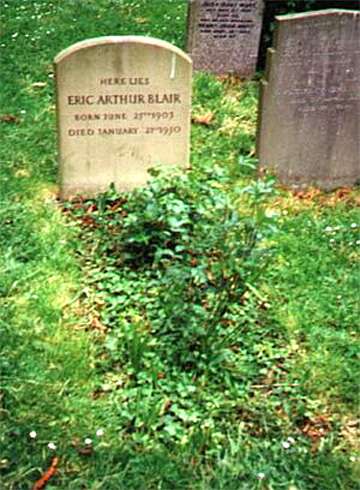The character of O'Brien is a complex one. Originally discovered as another man opposed to the Party, him and Winston meet up and discuss The Brotherhood; an underground group of people working to overthrow the Party. However, soon enough O'Brien's true nature is revealed as a Party supporter when he takes both Julia and Winston to the Ministry of Love.
The original characteristic of O'Brien that attracts Winston to him is his charisma, he seems to have an underlying quality that people enjoy. However, under the surface there is a near fanatical urge for power and control; control over those who don't see the world the same way that he does. Knowing that Orwell wrote 1984 following WWII O'Brien's character seemed to me to be a reflection of Orwell's view of Adolf Hitler, almost as much so as Big Brother seemed to be based upon Joseph Stalin. Both Hitler and O'Brien seem to be blinded by the prospect of power to the point of inhumanity; a feature discovered to be greatly admired by the Party.
O'Brien is the perfect agent of the Party. The torture and pain that O'Brien inflicts upon Winston is a direct reflection of the Party's views against a free-thinking individual. The fact that he declares that he "could float off the floor like a soap bubble"(569) by using levitation is an example of doublethink; the Party's favorite form of brainwash. He has the ability to hold two contrasting ideas within his mind at the same time and still believe them both to be true. He can read the Party's slogan "War is Peace, Freedom is Slavery, Ignorance is Strength" and wholeheartedly agree with it.
O'Brien is revealed to be a firm believer and user of doublethink; the ability to have two contrasting ideas in one's head and still believe them both to be true, something greatly cherished by the Party.Being the physical manifestation of the entire Party's beliefs, when Winston argues the fact that humanity is real and that man holds a natural set of rights, O'Brien shut him down. He claims that the human spirit is non-existant, and in so, reveals the true nature of the party; to crush man until it is no longer capable of thoughts and feelings. Dehumanization. By supporting the Party O'Brien is stating that he believes that all humans should act as machines, but in doing so he is contradicting his very beliefs that no man should think for himself. Doublethink in a nutshell.

